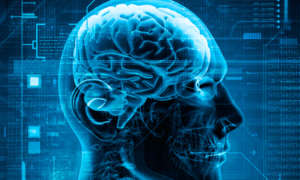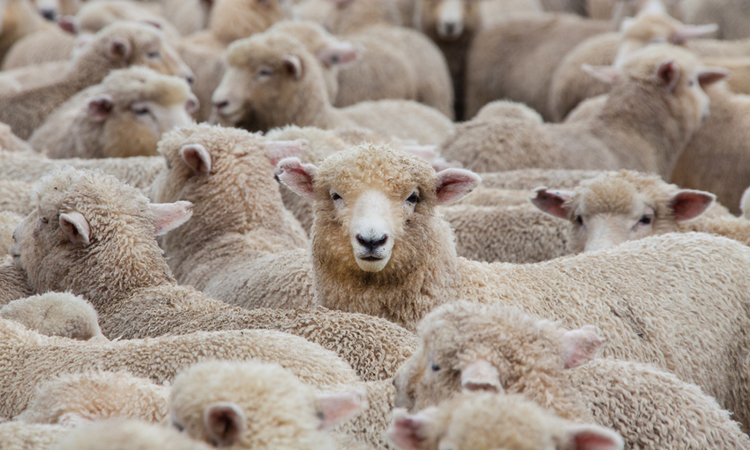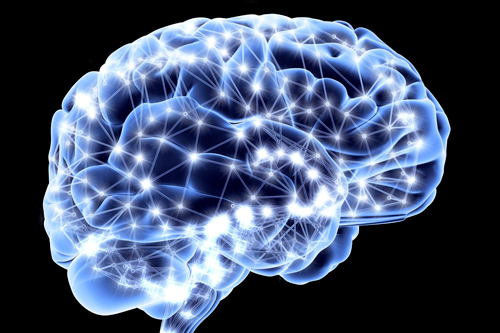“When it comes to making decisions, I always go with my intuition. Listen to that inner voice – it’s usually right.”
–Rose Caiola
Our decisions may be determined before we’re conscious of them
Once upon a time, the locus of control for human behavior was thought to be in the hands of God – or an assortment of gods. Science long ago dispelled that notion by discovering the biology of the mind and the impact of acquired information. Decisions vary among individuals, depending on innate factors and on our crystallized intelligence, knowledge based on previous learning and past experiences. Thanks to the power of the human brain and our ability to assess data, people have free will. Right?
Before using your so-called free will to answer that question, you may want to consider what has been learned in recent decades – especially in a landmark experiment in 1983 conducted by pioneering neuroscientist Benjamin Libet. Participants in his study were asked to move either their right or left arms as their brain activity was monitored via electrodes on the scalp. The goal was to confirm unconscious electrical activity in the brain known as readiness potential. Readiness potential is unconscious neuronal activity in the motor cortex of the brain that precedes specific movements. This activity has been shown to correlate with specific future actions in ways we can’t consciously perceive.
Libet had his subjects use a special timer to mark the precise moment when they decided to move either arm, before they made their move. The results were startling: increased brain activity occurred more than a third of a second before the subjects were even aware of their decision.
 In recent years, more sophisticated brain imaging has substantiated this finding. In a 2008 study, subjects placed in an MRI scanner were told to press a button with either their right or left index fingers at the exact moment when they decided which finger to move. Readiness potential was detected even earlier than in Libet’s study – in some cases as much as ten seconds before conscious awareness of the decision.
In recent years, more sophisticated brain imaging has substantiated this finding. In a 2008 study, subjects placed in an MRI scanner were told to press a button with either their right or left index fingers at the exact moment when they decided which finger to move. Readiness potential was detected even earlier than in Libet’s study – in some cases as much as ten seconds before conscious awareness of the decision.
Based on these findings, I’ve revisited some of my own experiences to determine whether my free will wasn’t so free after all. For example, when I’ve played roulette at a casino, I often place my chips on 14 red. Why that number?
It could be because the number 14 has a long-standing association with winning for me. Back when I was nine years old, I set a record of 14.0 seconds in a swimming race at my town pool. If my record had been 17 seconds, would I always bet on that number?
Now let’s consider the color red that goes with 14 on the wheel. It happens to be my favorite color, but that may be because I’m partially color-blind. My color deficiency doesn’t affect how I see red, but other colors tend to look drab to me. Red stands out among its partners on the spectrum, which may be why it became my favorite. It would appear that both my genes and my life experiences were key influences on my decision making in the roulette scenario. What remains unclear is whether I might have made another choice, or was truly compelled by these factors and had no real choice.
Free versus not free: the war goes on between scientists and philosophers
Perspectives on free will by thought leaders tend to vary between scientists and non-scientists. In a series of articles in Chronicles of Higher Education, free will was put to a vote by six academics: four scientists and two philosophers. All the scientists nixed free will, calling it an illusion, while the philosophers maintained that free will is compatible with scientific findings.
 According to Jerry Coyne, a professor of ecology and evolution at the University of Chicago, “Your decisions result from molecular-based electrical impulses and chemical substances transmitted from one brain cell to another. These molecules must obey the laws of physics, so the outputs of our brain – our ‘choices’ – are dictated by those laws.”
According to Jerry Coyne, a professor of ecology and evolution at the University of Chicago, “Your decisions result from molecular-based electrical impulses and chemical substances transmitted from one brain cell to another. These molecules must obey the laws of physics, so the outputs of our brain – our ‘choices’ – are dictated by those laws.”
On the flip side, Hilary Bok – Professor of philosophy at Johns Hopkins University – maintained that “Neuroscience can explain what happens in our brains…But the question of whether freedom and moral responsibility are compatible with free will is not a scientific one, and we should not expect scientists to answer it.” Dr. Bok points out that decision making involves choosing among alternatives, while the notion that our decisions are guided automatically by neural processes doesn’t allow for alternatives.
The debate on free will most likely continue to rage for years, partly because it’s difficult to accept not being in charge of our own destinies. Perhaps some yet-to-be-designed experiment or advanced technology for measuring brain activity will finally give us the real story. Or at least we’ll fool ourselves into thinking it has. Maybe you were even compelled to read this article by unconscious forces.



